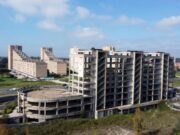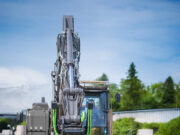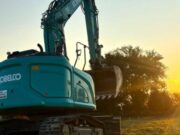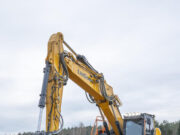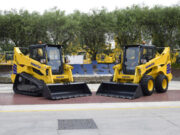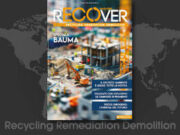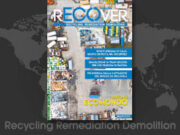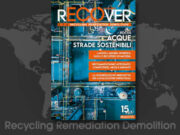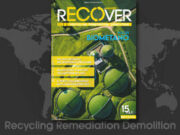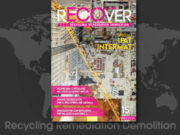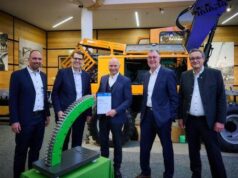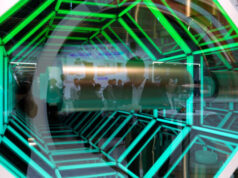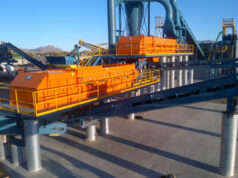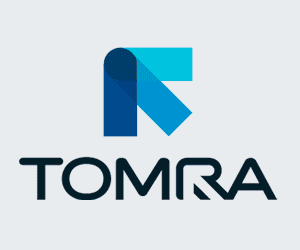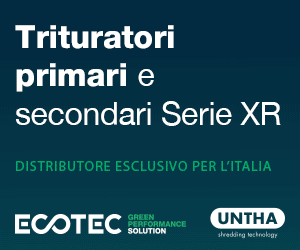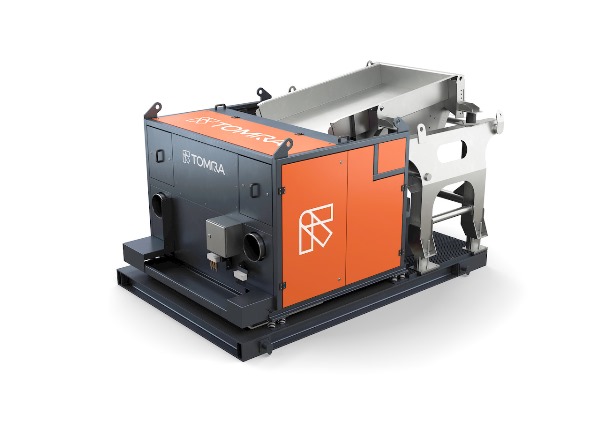
New technology recovers more glass for recycling, achieving purity rates greater than 95%.
TOMRA Sorting Recycling has introduced AUTOSORT COLOR, a new machine which works in combination with AUTOSORT LASER to separate glass from municipal solid waste with unprecedented effectiveness. AUTOSORT COLOR achieves purity rates greater than 95% at high throughput rates, even when input materials are wet, dusty or dirty.
Although glass waste is collected separately in many countries, a significant amount of recoverable glass nevertheless remains mixed-in with municipal solid waste (MSW) from households and businesses. Glass content in MSW across Europe typically varies from 3.5% to as much as 9.8%. And research by FEVE (the European Container Glass Federation) has revealed that the collection of glass from MSW for recycling varies considerably from nation to nation. Sweden, Norway, Switzerland and Luxembourg all achieve recovery rates of 95% or higher, but across much of western Europe the rate is typically only 68% to 75% percent and in five eastern European nations the rate is below 40%.
AUTOSORT COLOR will enable sorting operations to extract and sell this glass, which would otherwise fail to make it through to the recycling process. AUTOSORT COLOR also helps sorting businesses minimize the risks of disruption, downtime and repair costs arising from damage to components in sorting machines not intended for glass.
AUTOSORT COLOR additionally enables financial savings downstream of the sorting process, because household waste containing glass can result in higher incineration costs. Extracting more glass from MSW will also reduce landfill costs. Click here to see the AUTOSOR Color Animation12
Valerio Sama, Vice President and Head of Product Management Recycling, commented: “In most nations across the world, there is significant room for improvement in the recovery of glass from household and business waste. Separating more glass for recycling is better for the environment and better for sorting businesses’ profitability, and with AUTOSORT COLOR both of those benefits are now achievable.”
Two-machine process recovers more than 80% of glass, with 95% purity
In developing AUTOSORT COLOR, TOMRA set industry standard-setting goals of recovering a minimum of 80% of glass from MSW, with at least 95% of the recovered glass of saleable quality. These targets were consistently met over many months at four facilities in Germany and Spain, including one which separates up to 3,000 tonnes of glass annually. This success was made possible by a two-machine sorting process, first using AUTOSORT LASER, then AUTOSORT COLOR.
The first step in the process of removing glass from MSW is pre-treatment. After the MSW passes through a bag opener, conventionally the fine fraction (0-80 mm) is screened-out. This fraction is then split into three categories by a double-deck vibrating screen: fine fractions of 0-8mm diameter, such as organic waste and sand, a middle fraction of 8-60mm and an oversize fraction of 60-80 mm.
In the second step, the middle fractions, which contain the highest glass content, are subjected to density separation. This removes the lighter fractions and sends the heavier fractions to the AUTOSORT LASER unit. Here a combination of laser (LAS) and near-infrared (NIR) detection technologies enables the separation of glass from the rest of the materials.
In the third and final step of the process, the innovative AUTOSORT COLOR machine classifies the glass fractions with a high-performance camera and separates any remaining impurities from the higher-quality glass. The result is the recovery of resaleable glass with a consistently high purity of more than 95%.








